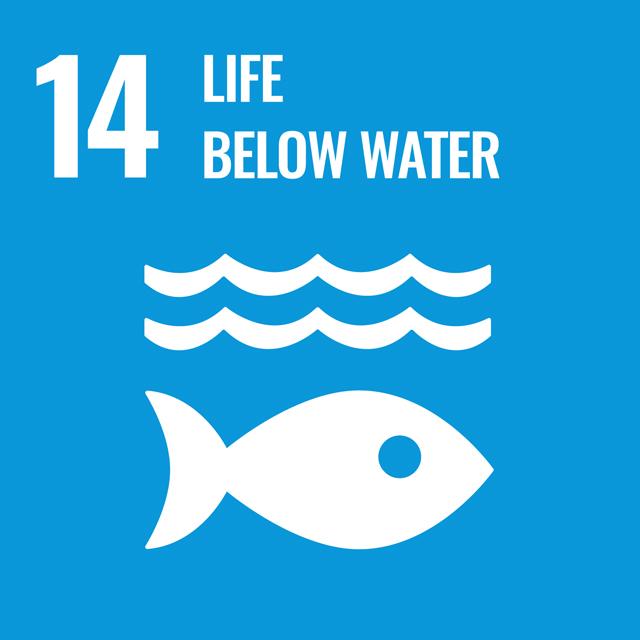Pursuing a career that aligns with SDG 14: Life Below Water enables you to protect and restore the health of oceans and marine ecosystems. This goal emphasizes sustainable fishing, marine conservation, and pollution prevention. Dive into opportunities for ocean sustainability.
The Goal: Life Below Water
This goal aims to conserve and sustainably use the oceans, seas, and marine resources for sustainable development. It focuses on preventing and significantly reducing marine pollution, sustainably managing and protecting marine and coastal ecosystems, minimizing the impacts of ocean acidification, and ending overfishing and illegal, unreported, and unregulated fishing.
The Work
Achieving SDG 14 involves conserving and sustainably using the oceans, seas, and marine resources. It requires reducing marine pollution, protecting marine ecosystems, and ensuring sustainable fishing practices. Implementing marine protected areas, investing in marine research, and promoting sustainable tourism are essential. International cooperation and agreements are needed to address issues such as overfishing, habitat destruction, and climate change impacts on marine life.
The Skills
Below is a list of key skills that are in demand for careers related to SDG 14. While it is not necessary to master all of these skills, familiarity with them can enhance your readiness and competitiveness in the job market
- Marine Biology
- Conservation Skills
- Environmental Science
- Policy Understanding
- Advocacy
- Technical Skills
- Community Education
- Crisis Management
- Research Skills
- Sustainability Practices
Engagement with Queen's and Kingston
You can contribute to SDG 14 by reducing plastic use, joining beach and river clean-ups, and choosing sustainable seafood options. Raising awareness about marine pollution and advocating for policies that protect marine ecosystems are impactful ways to make a difference. Educating others about the importance of ocean conservation and supporting organizations dedicated to preserving marine life are also essential steps toward protecting our oceans.
Clubs at Queen's
Volunteering in Kingston
Past QUIP Internships
- Industrial Clean Technologies Student
- Fish Monitoring and Habitat Co-op Student
- Engineering CO-OP/Intern - R&D Shellfish Aquaculture
- Engineering Student - Parks Canada
Sample Undergraduate Courses
- BIOL 103 Fundamentals of Biology: Organisms to Ecosystems
- LAW 472 Oceans Law
- GLPH 487 One World, One Health: The Global Link Between Human, Animal, and Environmental Health
Sample Graduate Courses
- ENSC 801 Methodological and Conceptual Basis for Environmental Studies
- CIVL 855 Hydrodynamics of Coasts
Career Possibilities
- Marine Biologist
- Marine Ecologist
- Marine Conservationist
- Oceanographer
- Sustainable Fisheries Manager
- Oceanographic Data Analyst
- Marine Engineer
- Marine Education Specialist
- Marine Policy Advocate
- Sustainable Tourism Manager
- Sustainable Seafood Certification Specialist
- Program Manager (Marine Conservation)
- Plastic recycling Manager
- Underwater Filmmaker and Photographer
- Commercial Fisherman
Corporations, NGOs, and Government Agencies
Corporations can help protect life below water by adopting sustainable practices that minimize their impact on marine ecosystems. This includes reducing plastic use and waste, preventing marine pollution, and supporting the conservation and restoration of marine habitats.
Companies in the seafood industry can promote sustainable fishing practices and ensure responsible sourcing of marine products. Additionally, corporations can engage in partnerships and advocacy to support marine conservation initiatives and promote policies that protect the health of oceans and marine life.
- Fisheries and Oceans Canada
- Canadian Coast Guard
- Parks Canada
- Environment and Climate Change Canada
 Student Affairs
Student Affairs